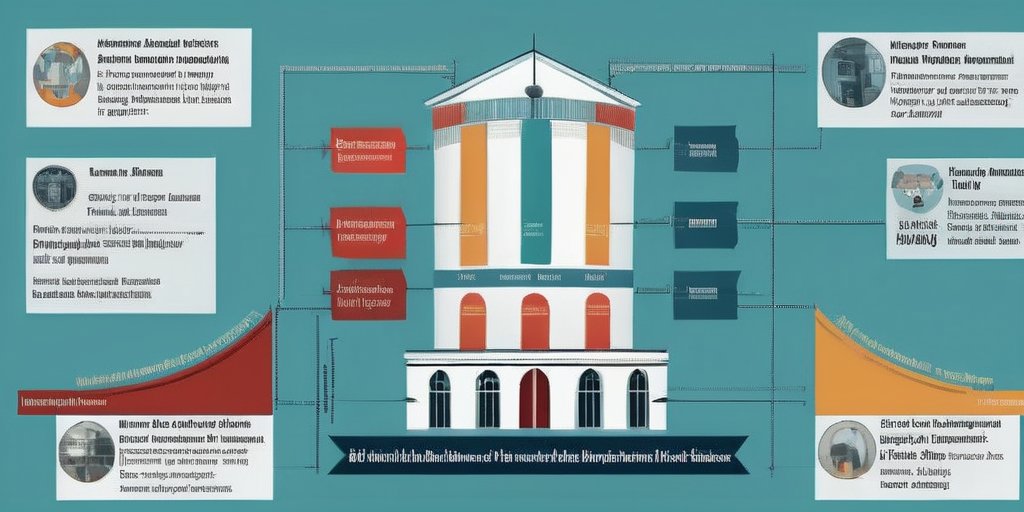In a striking move that reflects the ongoing transformative strategies under President Donald Trump’s administration, Health Secretary Robert F. Kennedy Jr. has announced cuts totaling 10,000 jobs from the Department of Health and Human Services (HHS). This significant restructuring is aimed not only at reducing costs but also at realigning the department with what Kennedy terms essential priorities in combating the chronic disease epidemic.
HHS is undertaking a monumental consolidation of its 28 divisions into 15 new sections, introducing a newly minted Administration for a Healthy America, which is part of Kennedy’s campaign slogan “Make America Healthy Again.” The department, which oversees 13 agencies and carries a massive $1.8 trillion budget, estimates that these cuts will result in about $1.8 billion in savings for taxpayers annually.
The details of the job cuts include significant layoffs across major HHS agencies, with 3,500 full-time employees expected to be let go at the Food and Drug Administration (FDA), 2,400 at the Centers for Disease Control and Prevention (CDC), and 1,200 from the National Institutes of Health. The remaining cuts will be distributed among other agencies, although essential roles such as FDA inspectors and CDC infectious diseases employees will reportedly remain unaffected.
Kennedy has articulated that these changes are crucial, highlighting in a recent statement, “We aren’t just reducing bureaucratic sprawl; we are realigning the organization with its core mission and our new priorities in reversing the chronic disease epidemic.” He firmly believes that the HHS has been ineffectively managing its goals, adding, “The rate of chronic disease and cancer increased dramatically as our department has grown. What we’ve been doing hasn’t worked. That’s why we’re making this dramatic overhaul.”
This restructuring aligns with Trump’s wider agenda for efficiency across government agencies. Further influences come from the Department of Government Efficiency (DOGE), led by billionaire Elon Musk, who has expressed a commitment to advising on cost-cutting measures.
Kennedy acknowledges the challenges ahead as HHS shrinks from an existing workforce of 80,000 down to approximately 60,000. In his bid for reform, he emphasizes the importance of operational efficiency while lamenting the painful transitions involved, stating, “So this will be a painful period for HHS.”
As the federal workforce undergoes downsizing, the topic of government efficiency and its connection to public health continues to stir debate across the political spectrum. The changes instituted by Kennedy serve to highlight how Trump’s policies are now reshaping the landscape of federal services, as HHS aims to take bold steps towards a healthier future for America.
